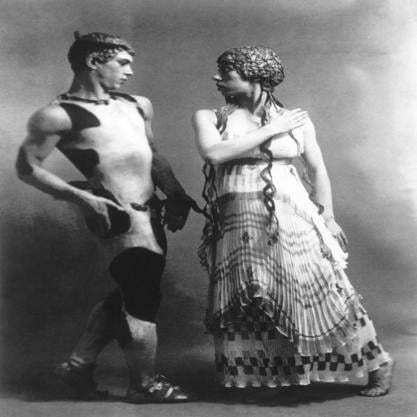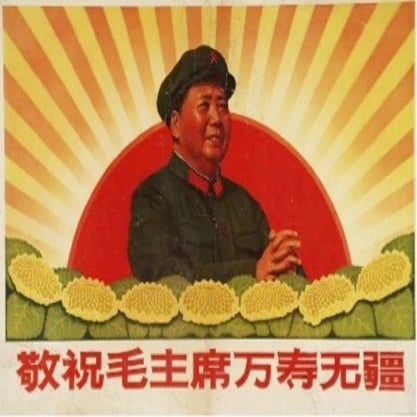Article
Leyda, Jay (1910–1988) By Park-Primiano, Sueyoung
Article
Jay Leyda’s peripatetic life and protean career cut a unique, remarkable path. The long list of roles he mined include filmmaker, photographer, critic, archivist, art dealer, translator, librettist, and educator. He is best remembered, however, as a leading historian of early and Soviet and Chinese cinemas, interests he started to develop in the vibrant art circle he helped establish in New York City in the 1930s.
Born in Detroit, Michigan, Leyda was raised by his grandmother in Dayton, Ohio. His artistic training started early; after studying photography under Jane Reece, he moved to New York City in 1929 to work as Ralph Steiner’s darkroom assistant. After a year of working for Steiner, Leyda left and supported himself by freelancing as a portrait photographer for various magazines, including Vanity Fair and Arts Weekly; in this capacity he met and photographed Alfred Barr, the first director of the Museum of Modern Art (MoMA) and the person largely responsible for establishing its film library. Leyda also secured a position as sound and recording arranger at the Bronx Playhouse, where he was exposed to repeated showings of films by internationally acclaimed directors including Sergei Eisenstein and Dziga Vertov.



